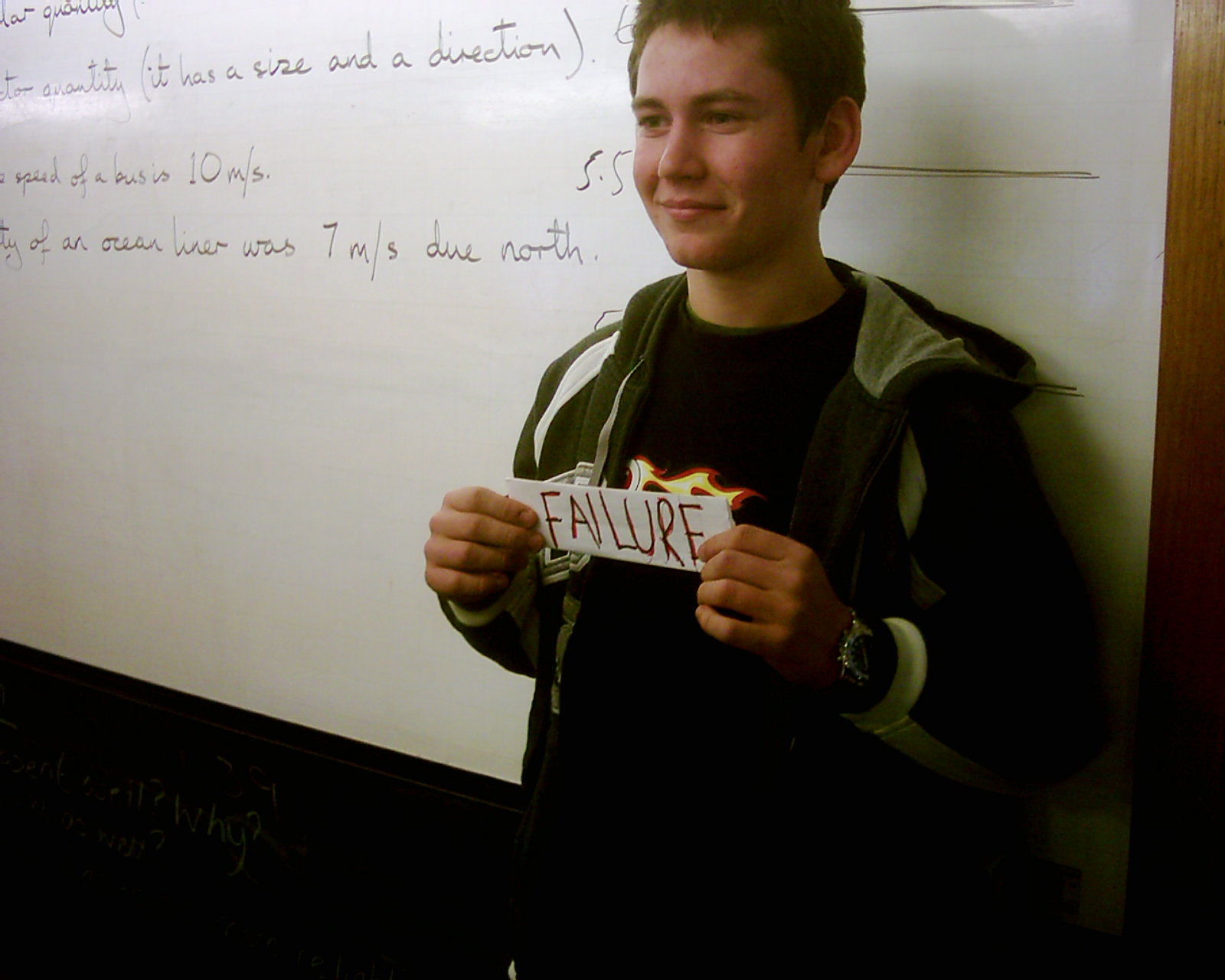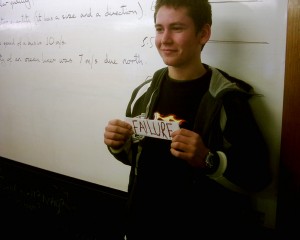If you want to make me really upset, you only need to use six words in a conversation: “I have no talent for languages.” These words are clearly and excuse, and a very bad one at that.
Today’s post is not about excuses (it’s a long and fascinating topic, though). I’m going to write about two cognitive types – two ways of thinking about reality and solving problems. By the end of this post, you will understand more about the way your brain works – and hopefully, this knowledge will help you approach your language study more effectively.
And if I’m lucky, it will allow you to never speak of the “talent for languages” again.
Wiktor (Vic) Kostrzewski (MA, DELTA) is an author, translator, editor and project manage based in London. When he works, he thinks about languages, education, books, EdTech and teachers. When he doesn’t work, he probably trains for his next triathlon or drinks his next coffee.
BRAVE Learning (formerly known as 16 Kinds) is a lifelong learning and productivity blog. If you enjoy these posts, please check out one of my books and courses.
My recent publications, and my archive, is now all available on my new project: PUNK LEARNING. Hope to see you there!




